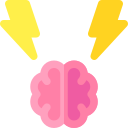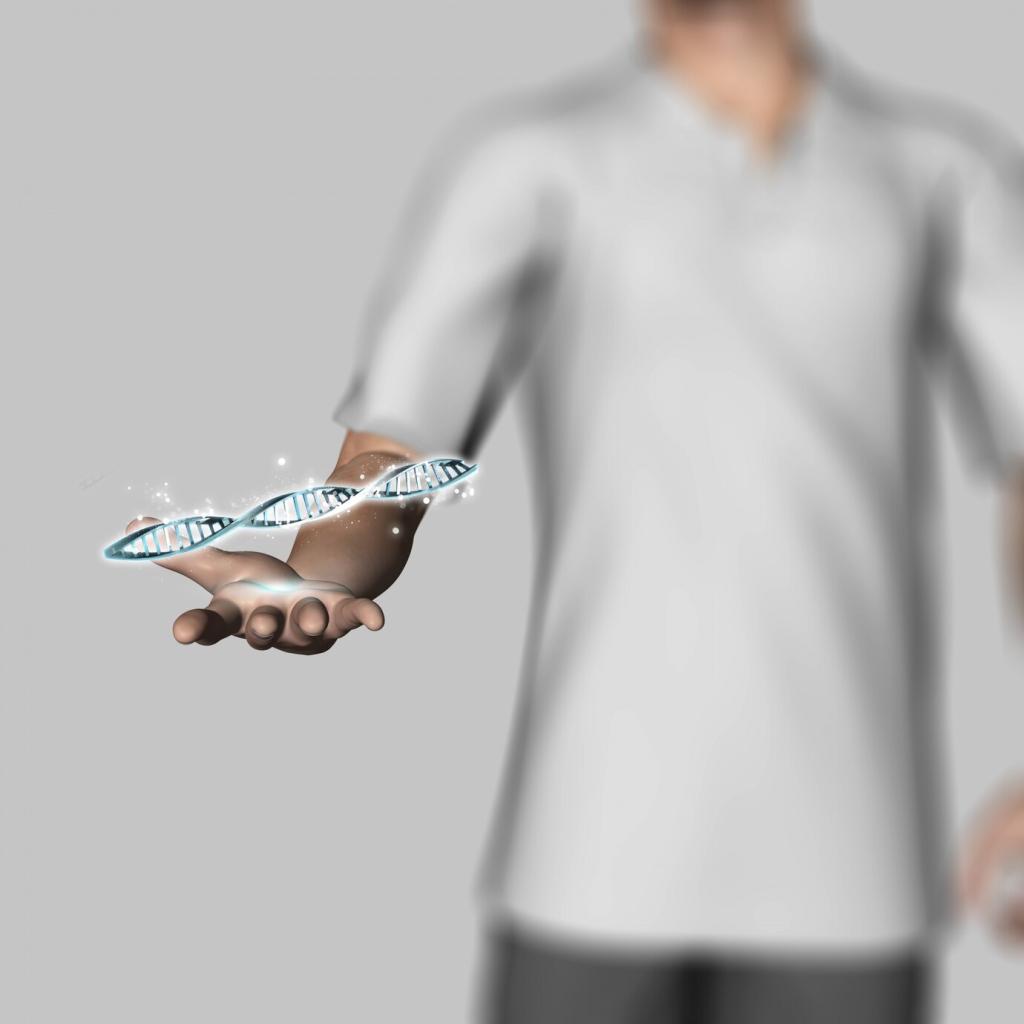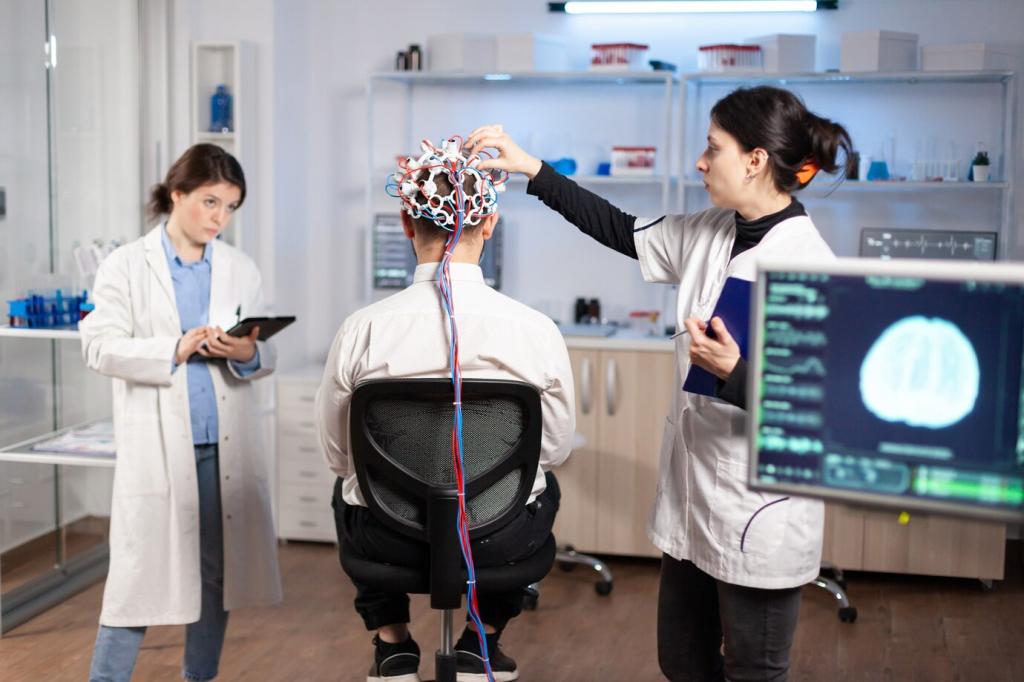Equity, Ethics, and Privacy
Before testing, understand what results can and cannot show, how they may affect care, and the chance of uncertain findings. Ask your clinician to walk through examples and discuss next steps for different possible outcomes, including when not to act on a result.
Equity, Ethics, and Privacy
Know how your data are stored, who can access them, and what laws may apply, such as GINA in the United States. Choose reputable labs, request clear privacy policies, and consider limiting sharing beyond your care team. Stay curious and cautious in equal measure.
Equity, Ethics, and Privacy
Many genetic datasets underrepresent diverse populations, which can widen disparities. Support studies that prioritize inclusion and community partnership. Comment with resources that promote diversity in genomics, and help us highlight organizations advancing fair, culturally responsive mental health innovation.









